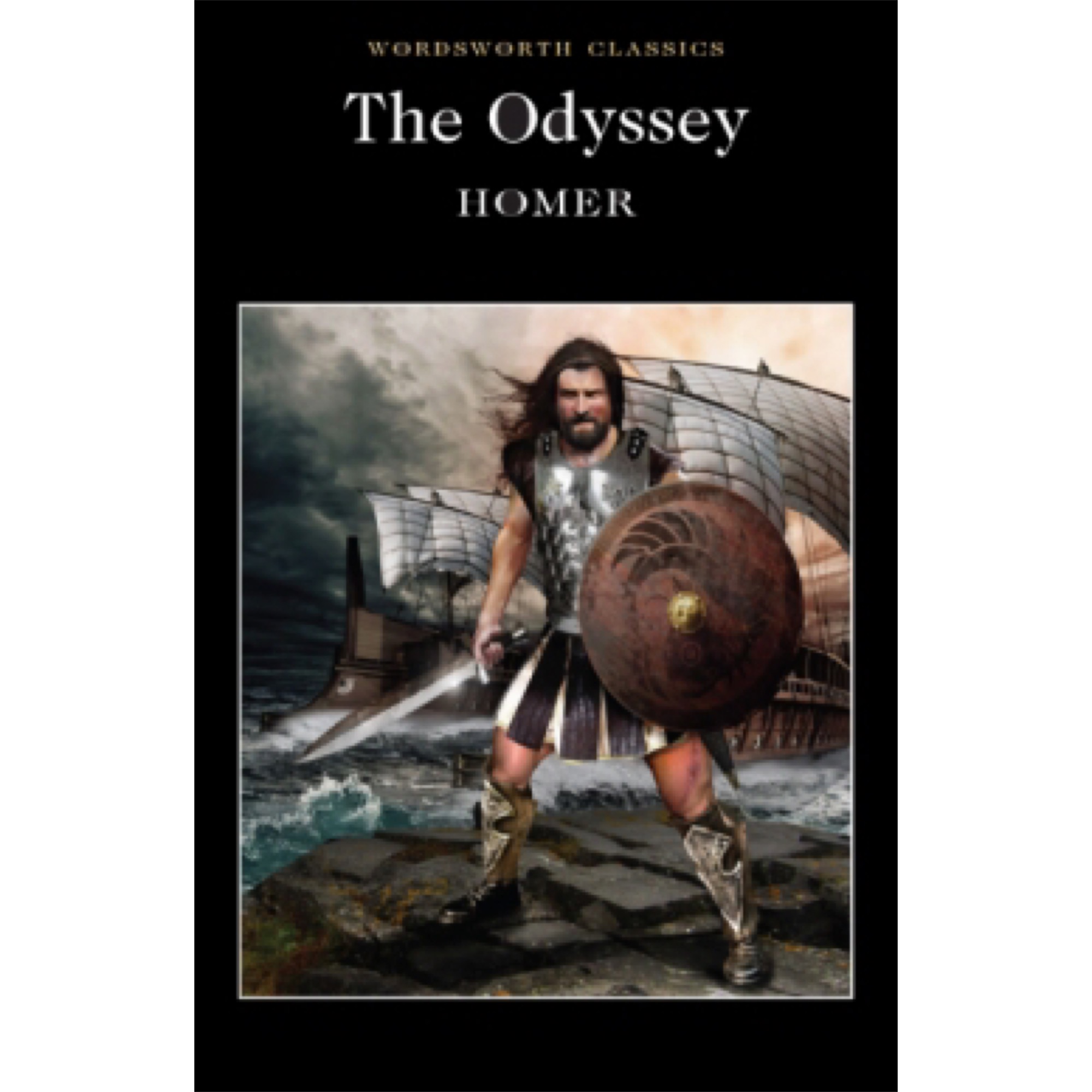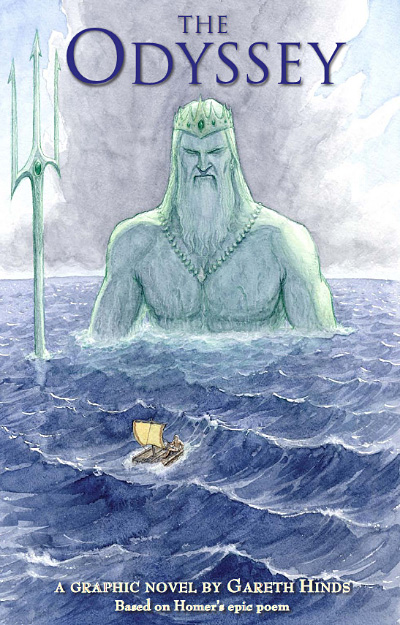Table of Content
First, I want to say that I thought this would be a daunting task - an epic poem!? But, it was such an enjoyable and accessible read, I’m grateful to my goodreads friend who encouraged me to move forward. Nevertheless, I thought of giving a sort of moral summary of the story and then abandoned that. I then considered writing about the many comparisons it evoked it my mind about the Indian epics that I have grown up with, but I felt out of my depth since I have not even read the Iliad yet.
Nausicaa, the Phaeacian princess, shows him to the royal palace, and Odysseus receives a warm welcome from the king and queen. When he identifies himself as Odysseus, his hosts, who have heard of his exploits at Troy, are stunned. They promise to give him safe passage to Ithaca, but first they beg to hear the story of his adventures. Fischach, Bavaria, is one example, where a family book was kept until 1942.
The Odyssey by Homer
However, through the ages, and for better accessibility for a possible readership, some translator have translated this epic into prose. Personally, I haven't heard many great things about the Prose translation and since I read a Verse translation myself , I would always advise to go with a Verse version of The Odyssey. The skill served him well, allowing him to confuse and evade captors throughout his ordeal, as well as keep his wife and father in the dark about his identity upon his return until he could reveal the truth at a time of maximum impact. Of the twenty-four books, the first four or Telemachiad, are preliminary. Acting as an overture they take place not too long before the main action.

Two important parts of an omen type scene are the recognition of the omen, followed by its interpretation. In the Odyssey, all of the bird omens—with the exception of the first—show large birds attacking smaller birds. Accompanying each omen is a wish which can be either explicitly stated or only implied. For example, Telemachus wishes for vengeance and for Odysseus to be home, Penelope wishes for Odysseus' return, and the suitors wish for the death of Telemachus.
Examining the Roles of Women in Homer’s the Odyssey
After many years in France, Therese now calls a quirky house in the hills above Los Angeles home. Therese's obsessions include blue cameos, train travel and the paintings of Amedeo Modigliani. Although it was still early in the day, time had run out. I could no longer go on pretending that our lives were fine as long as I kept replacing his dead pet fish. Although I had initially panicked when I discovered the latest fatality, I’d soon relaxed when I realized my husband’s plane from Paris wasn’t due for hours.
Even raging Achilles showed the depth of his arete in the Iliad when he served as host and master of the games. He was capable of nobility, sound judgment, and generosity, even if he didn't always put his best foot forward. I was a sophomore in college—a student with literary ambitions who had just decided to major in anthropology. By this point, I had at least tacitly decided that I wanted to be a professor.
Textual history
Many records are also available at CAHJP and from the Family History Library.25 The detailed date span for Jewish civil records varies from community to community and often even by life event. Learning to read Gothic Current script takes a few days practice using easily available aids, but is well worth the effort. Nineteenth-century civil records for the Jews in Southern Germany are an invaluable source of information for the serious Jewish genealogist. Odysseus spends the night describing the fantastic chain of events leading up to his arrival on Calypso’s island. When he finishes his story, the Phaeacians return Odysseus to Ithaca, where he seeks out the hut of his faithful swineherd, Eumaeus. Though Athena has disguised Odysseus as a beggar, Eumaeus warmly receives and nourishes him in the hut.
Odysseus proceeds to work a web of deceit and revenge against the suitors that is a wonder to behold. I’ll leave the final climax to you, but I will say that there was no free lunch in Homer’s time and the checks that people wrote with their bad behavior are paid in full. In my opinion, the Pope language is more beautiful and far more poetic and lyrical than the Fagles translation. However, I am glad I started with the Fagles version because it provided me with a much better comprehension of the story itself. Now that I have a firm grounding in the story, I plan to go back at some point and read the Pope version so that I can absorb the greater beauty of that translation.
To me, this abhorrent devilry sounds excessive even within the context. Misogyny in the Odyssey is expressed in different ways than the Iliad, but it's still very much present, and it's even more unsettling. Slavery is also a lot more visible and taken for granted in the Odyssey. Even so, I won't make a hassle out of it because of the obvious reason of context. The Odyssey begs to be read, enjoyed, and understood within its ancient, alien context, and I acknowledge that. It may seem like an unusual thing to say about epic poetry, but there is a tremendous amount of dumb fun to be had when reading The Odyssey.

I was disappointed by how little effort was put into his time with Calypso, and adored his time with Circe. (If you haven’t read Madeline Miller’s “Circe,” and you enjoy mythology, please do). And so, our decision made, we set off through the snow in the direction of home, following the route the bus would have taken.
Everything that needs to be said about this wonderful epic has been said throughout the ages—and that again and again—by people who were and are much more capable than me. Odysseus’s tribulations are terrible, but appear to be brought on by his own stubborn and petulant nature, like his taunting of the blinded Cyclops from his own escaping ship. Cyclops was Poseidon’s son so Odysseus's behavior was especially unwise, particularly since his own men were yelling at him to stop. We understand the slave girls that Odysseus felt he had to “test” for loyalty were at the disposal of the ungrateful suitors who, after they ate and drank at Penelope's expense, often met the house girls after hours.

Given widespread illiteracy, the poem was performed by an aoidos or rhapsode and was more likely to be heard than read. Odysseus reveals himself to the entire palace and reunites with his loving Penelope. He travels to the outskirts of Ithaca to see his aging father, Laertes.
For example, arriving at the island where Helios kept his divine cattle, followed by the starving crew devouring that cattle, the original text described Helios’ reaction to the passing events . The graphic novel omits these details and only displays the main character’s story side . At the same time, the original’s six-day period of the crew feasting on the divine cattle only took a few moments in Hinds’ adaptation. The alterations can be considered to have taken place to make the plot move faster to keep the reader engaged.
The guest should be given a place to sleep, and both the guest and host retire for the night. Odysseus's identity is discovered by the housekeeper Eurycleia when she recognizes an old scar as she is washing his feet. Eurycleia tries to tell Penelope about the beggar's true identity, but Athena makes sure that Penelope cannot hear her. After a failed raid against the Cicones, Odysseus and his twelve ships were driven off course by storms. Odysseus visited the lotus-eaters who gave his men their fruit which caused them to forget their homecoming. Odysseus had to drag them back to the ship by force.
We would read poetry, dance and act out avant-garde plays in our dilapidated little theater. For a modest charge people could come in and watch for as long as they wanted. What I have realized now is that The Odyssey is really about this Homecoming. Odysseus as the bard chanting his own stories in the court of the Phaeacians.

For someone with my hobbies and interests, this was perfect. The only part I found a bit dull was when it truly went into war-time battle descriptions, as reading details about fighting is not typically something I enjoy. But the soap opera-like quality of these characters cum deity realities was just absorbing fun. And if you know enough about Greek history, you almost feel as if you're in the story. It is one of the oldest extant works of literature still widely read by modern audiences. As with the Iliad, the poem is divided into 24 books.

No comments:
Post a Comment